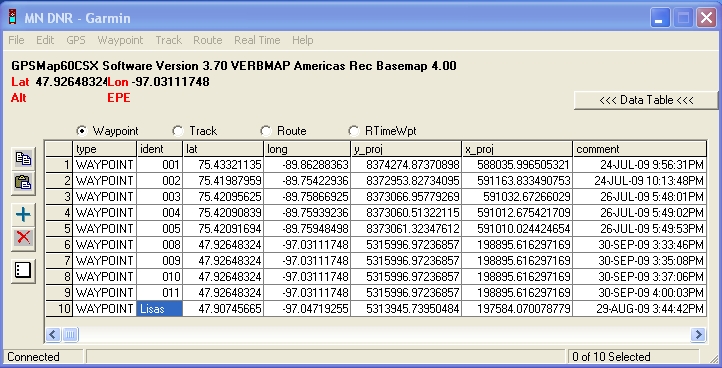Texas Dnr Form
The legal basis of informed consent in Texas may on first examination suggest an unqualified affirmation of persons as the source of authority over themselves. This view of individuals in the practice of informed consent tends to present persons outside of any social context in general and outside of their families in particular. The actual functioning of law and medical practice in Texas, however, is far more complex. This study begins with a brief overview of the roots of Texas law and public policy regarding informed consent. This surface account is then contrasted with examples drawn from the actual functioning of Texas law: Texas legislation regarding out-of-hospital do-not-resuscitate (DNR) orders. As a default approach to medical decision-making when patients lose decisional capacity and have failed to appoint a formal proxy or establish their wishes, this law establishes a defeasible presumption in favor of what the law characterizes as “qualified relatives” who can function as decision-makers for those terminal family members who lose decisional capacity. The study shows how, in the face of a general affirmation of the autonomy of individuals as if they were morally and socially isolated agents, space is nevertheless made for families to choose on behalf of their own members. The result is a multi-tier public morality, one affirming individuals as morally authoritative and the other recognizing the decisional standing of families.







No comments:
Post a Comment